Public
Download Yuga Catalog
Yuga - Full product catalogue
Yuga Blog
YUGA Certificates
Yuga facility views
Yuga Gallery of brand launches
Yuga Locations
Yuga News
Yuga Packaging Catalog 3D
Yuga Packaging Decoration
Yuga Packaging Gallery
If this is your company, CONTACT US to activate Packbase™ software to build your portal.
.jpg)

Square, round, long, stubby, plastic or aluminum: Now there's a new lipstick choice on the market.
Color cosmetic packaging manufacturer Yuga has a brand new product in its make-up offering — a porcelain lipstick. This brand new lipstick takes full advantage of the world-renowned reputation of Chinese porcelain which has been revered globally since ancient times. Ceramics from China, whether pottery or porcelain, are recognized for their high quality and beautiful shapes, and the country's history in the field dates back to the Neolithic age.
.jpg)
With natural heft, high strength and hardness, ceramic material provides a different look and feel to lipstick packaging giving brands with the opportunity to offer something truly unique and special.
Yuga's ceramic lipstick is sized at 24.5x78.3mm and features a magnetic closure. The outer porcelain is produced from PCR ceramic material which encases a PCR-ABS inner.
Manufactured in Jingdezhen, China's porcelain capital, the new cylindrical lipstick is a stylish combination of tradition with modern manufacturing, taking full advantage of thousands of years of rich cultural craftmanship with the extensive technical cosmetic expertise of Yuga.
For further product information including decoration consultations, contact Yuga.
Ceramics, pottery and porcelain — what are the differences?
Ceramics is a collective term for pottery and porcelain, products regularly used in our daily lives. Pottery is made from clay and has high viscosity and strong plasticity, as per its material. It is opaque, has fine pores and weak water absorption, and the sound is "muddy". Porcelain is made of clay, feldspar and quartz. It is translucent, non-absorbent, corrosion-resistant, hard and compact, and brittle when knocked.
The firing temperature for pottery is 800-1000 degrees while that of porcelain is 1300-1400 degrees. Add fire to the temperature of pottery, and pottery becomes porcelain, which is effectively an upgraded version of pottery. However, pottery made from general clay will not become porcelain when the firing temperature reaches 1200°C, but will instead be sintered and melted into a vitreous form.
Even when pottery's body is relatively thin, it will not be translucent, however, porcelain is translucent regardless of its thickness.
The sintering temperature of pottery is low and the organism's body is not completely sintered. Its texture is rough, the water absorption rate of the section is high and the hardness of the matrix is poor as it is possible to make groove marks on the body with a steel knife.
The firing temperature of porcelain is high and the shell is sintered resulting in a firm and compact form rendering it essentially non-absorbent, and with a distinctive sound when struck. Furthermore it offers significant wear resistance and high strength capabilities which make it useful for accessories in the industrial and aerospace industries.
Pottery is glazed at a low temperature, or not glazed, whereas there are two types of porcelain glazes resulting in a chic, clean finish.

.jpg)
.jpg)

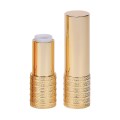
.jpg)

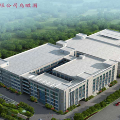
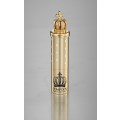
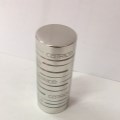
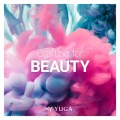
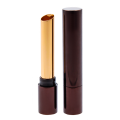
_2.jpg)
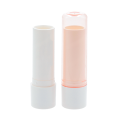



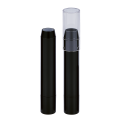

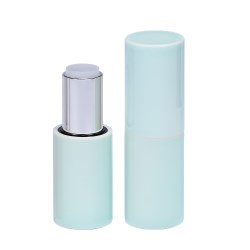
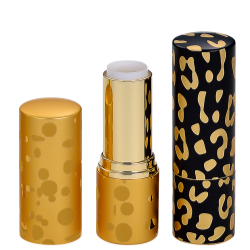

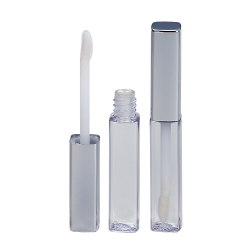


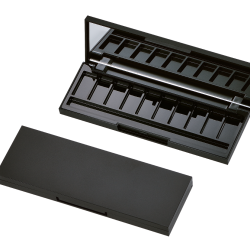
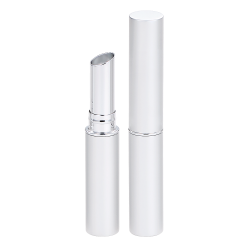
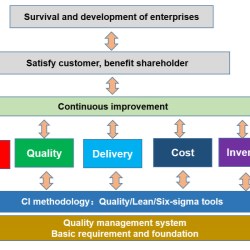



_2.jpg)